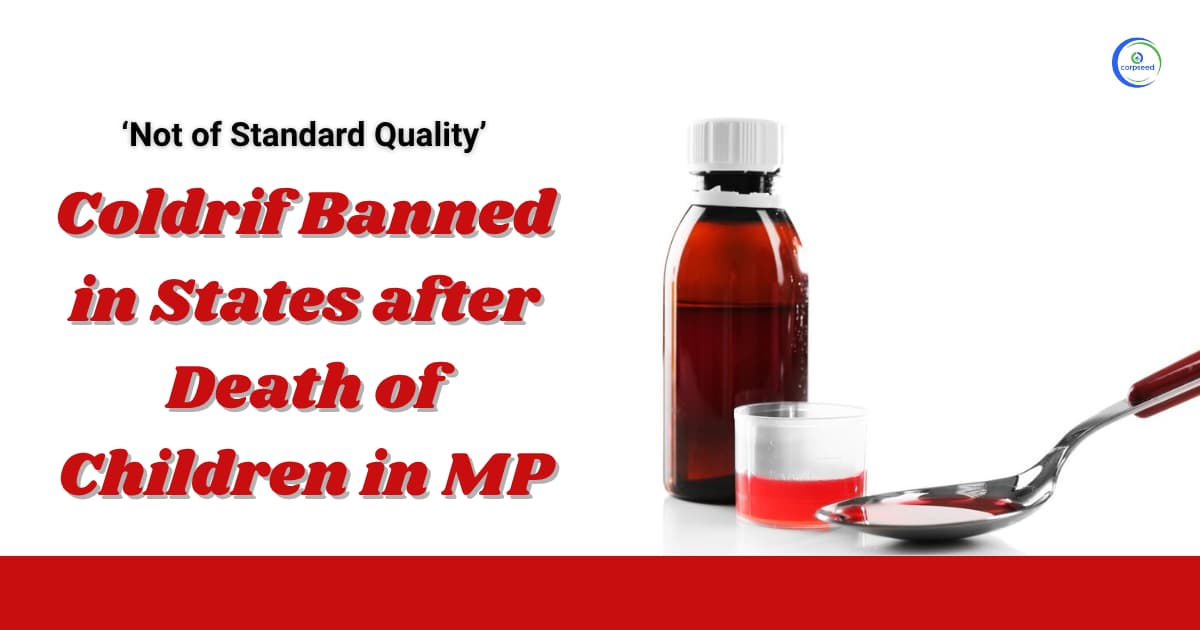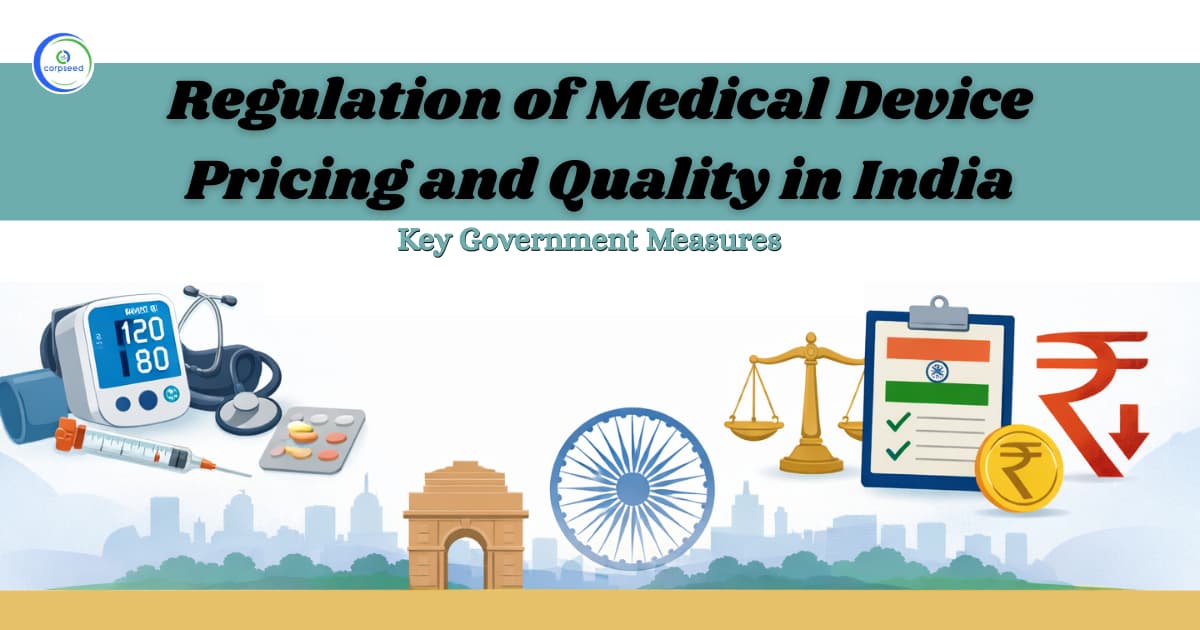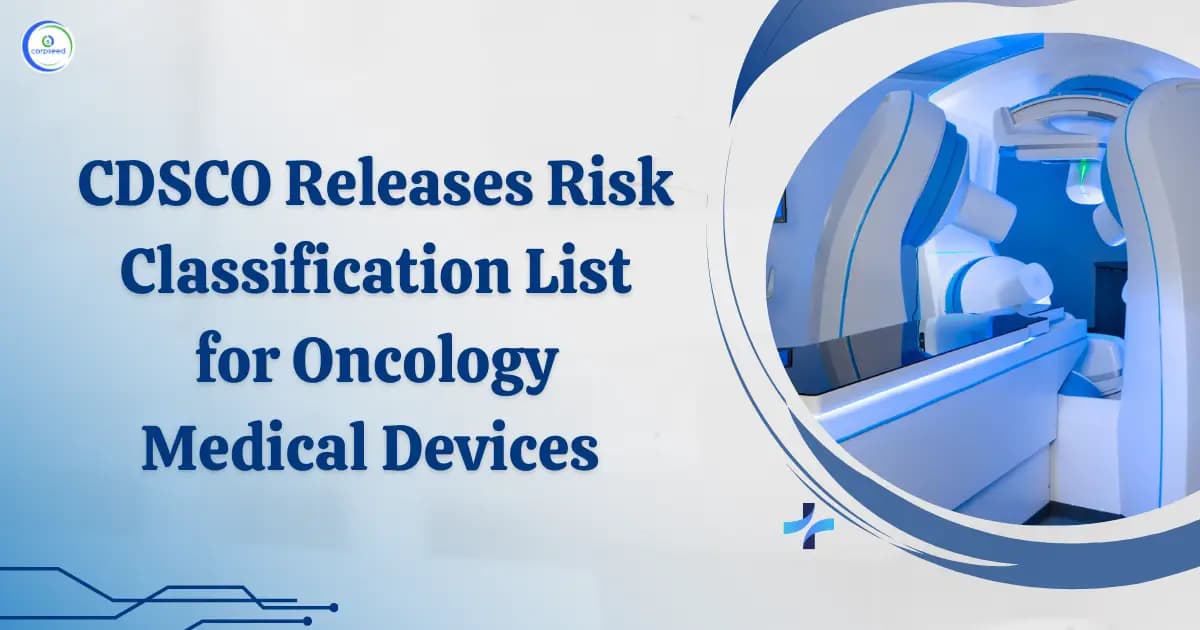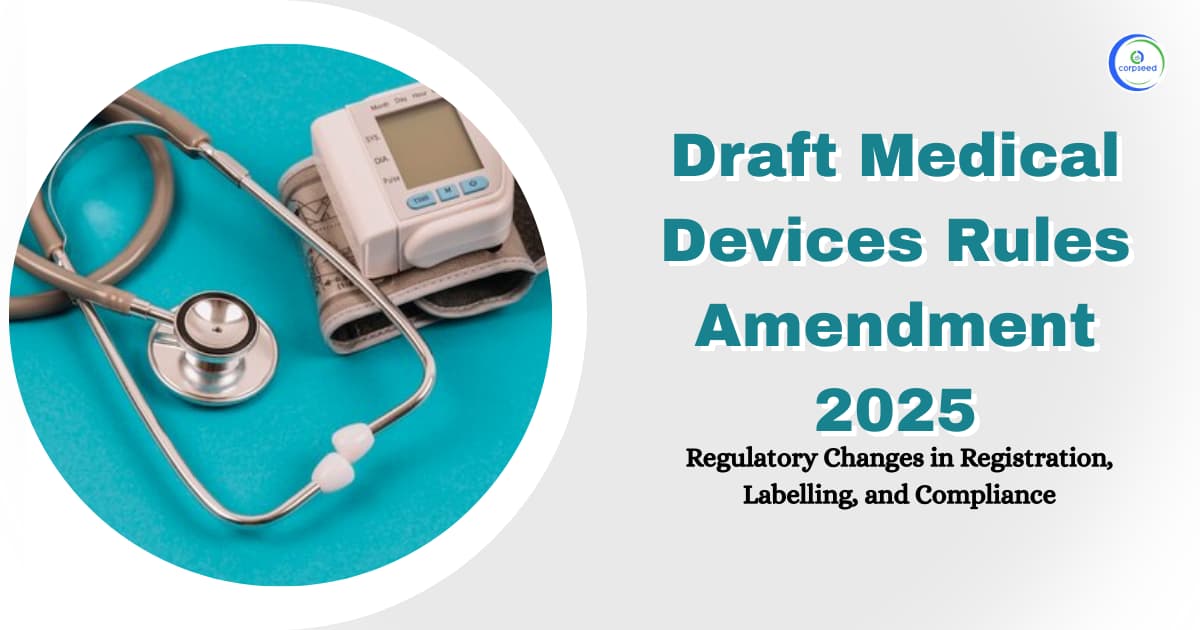
Loading...

India bans Coldrif syrup after the death of 14 children in Madhya Pradesh. CDSCO and state FDAs begin nationwide crackdown on toxic cough syrups.
About the Author

Mahek Sancheti, BAJMC graduate with a deep passion for writing. As a content writer, video content creator, creative content creator, and scriptwriter, I bring stories to life through words and visuals. I honed my skills by working with a prominent news agency, where I excelled in crafting compelling narratives and engaging content. Coming from a journalism and mass communication background I have skills to craft engaging narratives that captivate audiences. With a keen interest in writing and creativity, I aim to deliver impactful and meaningful content that resonates with diverse audiences.
Related articles

CDSCO Releases New Guidelines for Compounding of Offences Under the Drugs and Cosmetics Act
2026-02-26

Regulation of Medical Device Pricing and Quality in India: Key Government Measures
2026-02-20

CDSCO Releases Risk Classification List for Oncology Medical Devices
2026-02-12

Government Notifies CGHS Drug Procurement Policy 2026
2026-01-24

Draft Medical Devices Rules Amendment 2025: Regulatory Changes in Registration, Labelling, and Compliance
2025-12-15

How to Get a Retail Drug License for Your Pharmacy
2025-12-08
CDSCO Releases New Guidelines for Compounding of Offences Under the Drugs and Cosmetics Act
2026-02-26 • 0 views
2023-02-27
2026-02-26